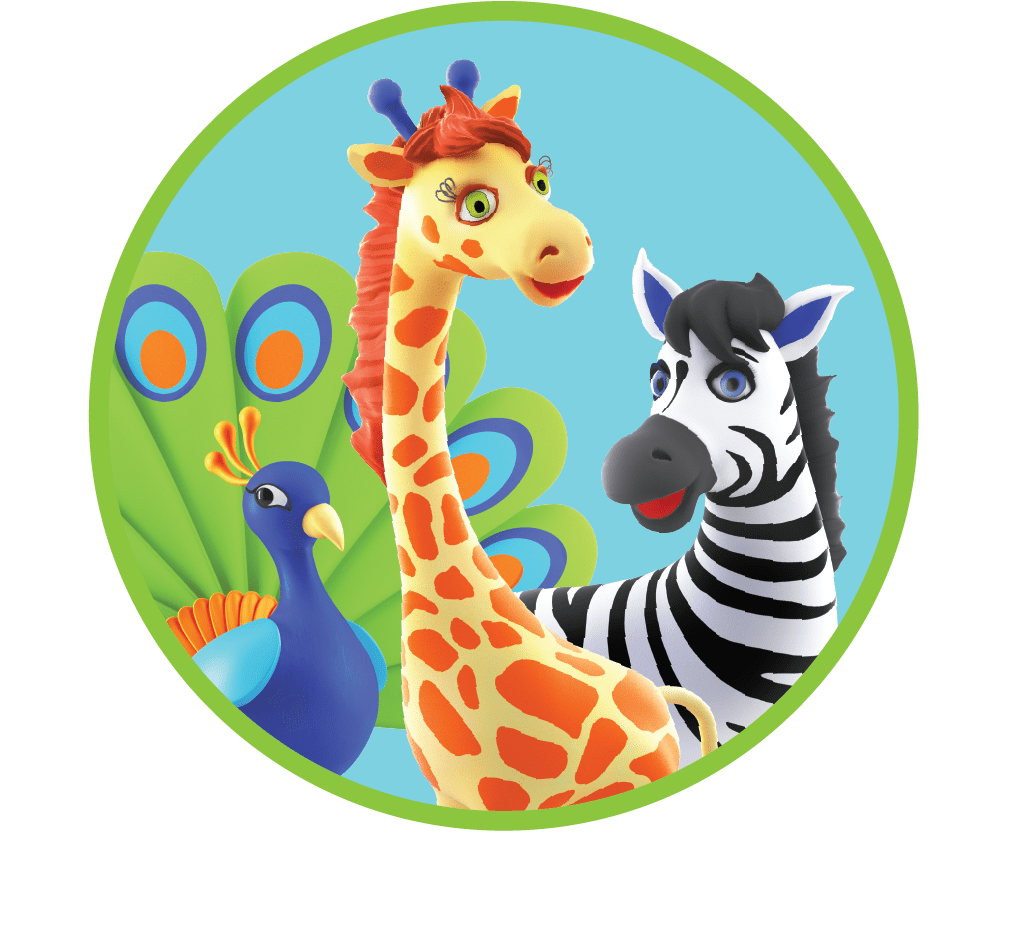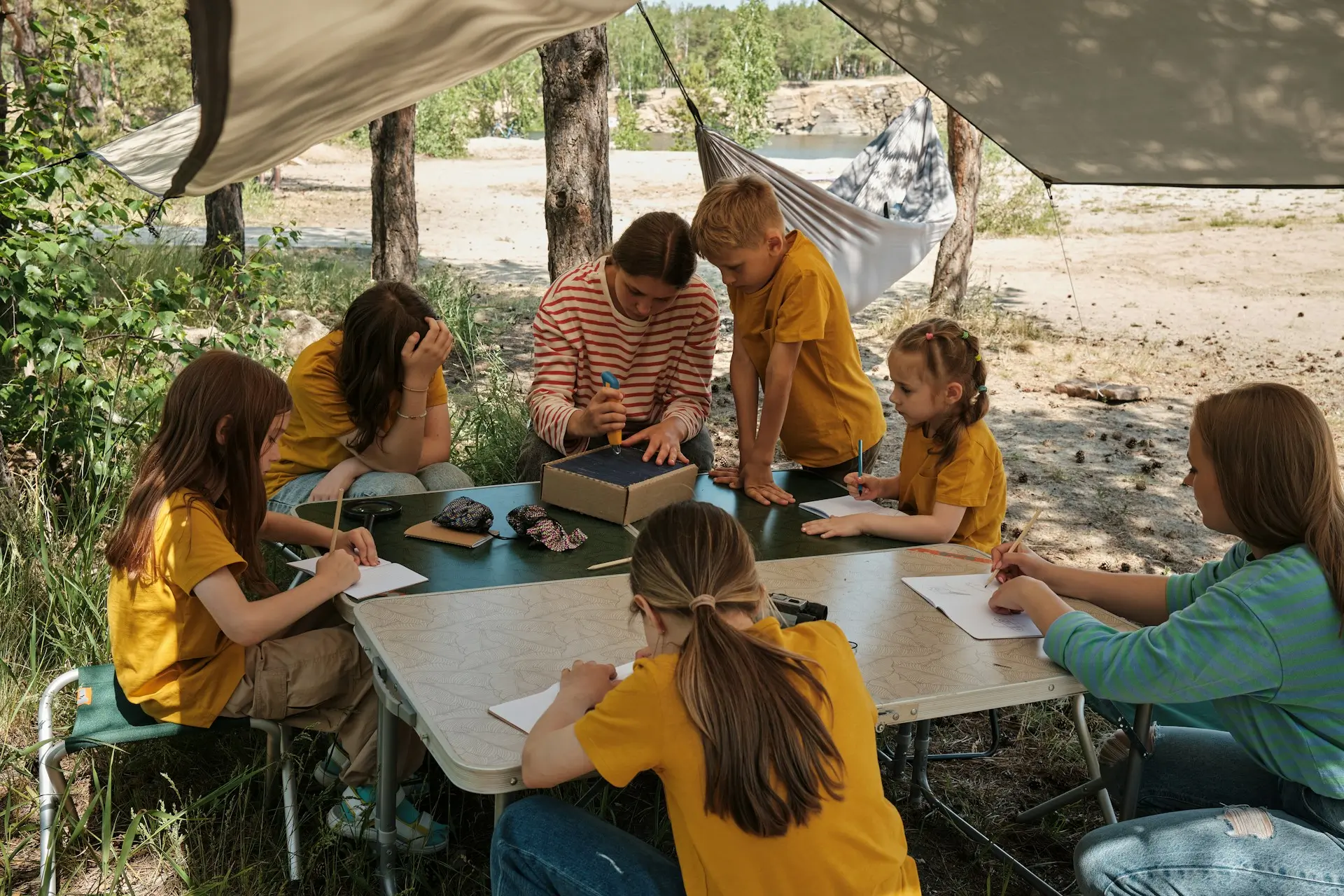Summer Camp Tradition
Summer camp is a cherished tradition offering children opportunities for fun, friendship, and personal growth. At Children’s Medical Group, we understand parents’ concerns about health and safety when preparing for camp. Our comprehensive guide covers all medical preparations, required documentation, and practical strategies to ensure a safe and enjoyable summer camp experience.
Medical Preparations and Physicals
Before sending your child to camp, schedule a comprehensive physical examination with your pediatrician. A thorough medical check-up helps identify potential health concerns, ensuring your child is medically cleared for camp activities. During this visit, ensure immunizations are updated according to CDC guidelines (CDC Immunization Schedule), and discuss any camp-specific health recommendations. Your pediatrician can also provide guidance tailored to your child’s individual needs, such as managing allergies or asthma in a camp environment.
Essential Medical Forms
Camps typically require specific medical forms, including health history, immunization records, medication authorization, and emergency contact details. Ensure you complete these accurately, clearly outlining any allergies, chronic conditions, medications, or dietary restrictions your child may have. This information is crucial for camp staff to adequately support your child’s health needs. Consider keeping additional copies of these forms for your records and quick reference if questions arise during camp.
Best Practices for Preventing Illness and Injury
Effective illness and injury prevention at camp starts with education and preparation. Teach your child proper hand hygiene and the importance of regularly washing or sanitizing hands, especially before meals and after restroom use. Review basic safety rules like staying hydrated, wearing appropriate clothing, and reporting any discomfort or injury to counselors promptly.
For outdoor activities, instruct your child on sun safety practices, such as using sunscreen with at least SPF 30, reapplying every two hours, and wearing protective gear like hats and sunglasses. Additionally, provide guidance on insect bite prevention using safe insect repellents (EPA guidelines) and suitable protective clothing. Discuss with your child how to safely participate in sports and physical activities, emphasizing the importance of following rules and using protective equipment to minimize injury risks.
Managing Medications at Camp
If your child requires medication, communicate clearly with camp medical staff. Provide medication in original labeled containers along with detailed administration instructions. Confirm procedures for medication storage and administration at camp to avoid confusion and ensure your child receives necessary medications correctly and safely. It can be helpful to prepare a concise written summary of your child’s medication schedule and potential side effects, ensuring camp staff are well-informed and ready to respond if needed.
Emotional and Mental Readiness
Discuss expectations and routines with your child to ease anxiety about being away from home. Share positive camp experiences and provide reassurance about making new friends and enjoying new activities. If your child struggles significantly with anxiety or homesickness, consult with your pediatrician or mental health professional for supportive strategies (AACAP Homesickness Guide). Provide your child with strategies like journaling or drawing to express their feelings and maintain a sense of connection to home.
Emergency Preparation
Ensure your child knows basic emergency procedures, including how to seek help from camp counselors or medical personnel. Clearly label all personal belongings, particularly medications or medical devices like inhalers or EpiPens, to avoid any mix-ups or delays in emergencies. Teach your child basic first aid concepts, such as how to treat minor cuts and scrapes, recognizing signs of heat exhaustion, and understanding when to seek adult help immediately.
Staying Connected
Most camps have specific policies about communication, but understanding the camp’s communication system can help you feel reassured. Familiarize yourself with how and when you can communicate with your child and the camp staff. Sending letters or care packages can be comforting for your child, providing emotional support and reminding them of your care and presence.
Conclusion
With thorough preparation, you can confidently send your child to summer camp, knowing they are safe and well-cared-for. Children’s Medical Group supports families through every step of preparation, ensuring peace of mind and memorable summer experiences.


